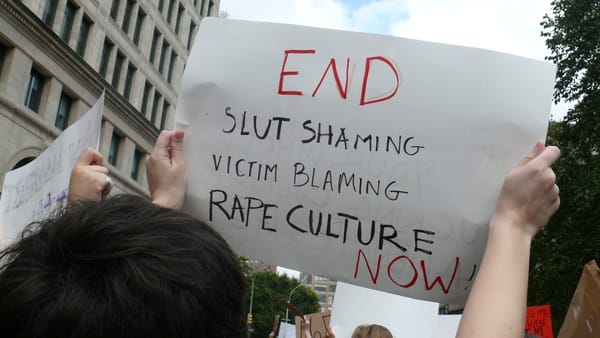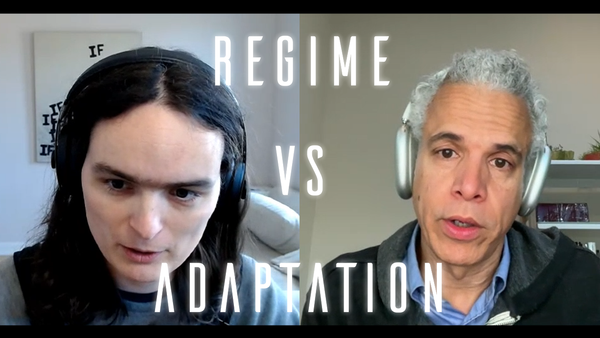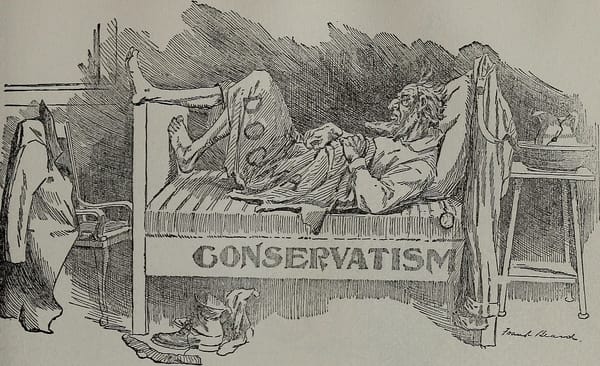
Victim on Trial: From Jennifer Levin to Renée Nicole Good
The Trump administration is deploying a time-tested playbook against women who were murdered.

The Trump administration is deploying a time-tested playbook against women who were murdered.

Minnesota’s playbook against DHS’s occupation shows how residents connect together to get their information needs met without the news media spectacle.

The power of state violence comes with the obligation to uphold a higher standard, not permission to excuse a lower one.

Samantha interviews Professor Omar Wasow, challenging him to reflect on the first year of the second Trump administration. What forms of resistance have worked? What forms have been less successful? Why is the regime trying to "recreate 2020," and why are they failing? Professor Wasow tells a story

The public fundraiser campaign is over. We are now heads down and putting your donations to good use.

Ideological axes, Venezuela, Greenland, what to pitch us, and more.

Trent and Caitlin ask Evan Urquhart about his 2025 wrap up piece on Assigned Media: "The Year We Lost Everything." They discuss the need to take stock of where we are on trans rights, autonomy and the various freedoms we hold dear, and the value of acknowledging that

On the ending of things and the need for post-diluvian politics.

The social welfare state, winning World War II, and building the liberal order after Trump.

We are moving from an ideologically multipolar world, to a bipolar one.

Minneapolis has shown us the path.

Caitlin and Trent chat with linguistics scholars Savi Namboodiripad and Daniel Midgley on what word most exemplifies 2025. Was it a new coinage? A pre-existing word that gained a new meaning or usage this year? A word that seemed to be on everybody's lips in 2025? Half the
Liberal Currents LLC © . All rights reserved.